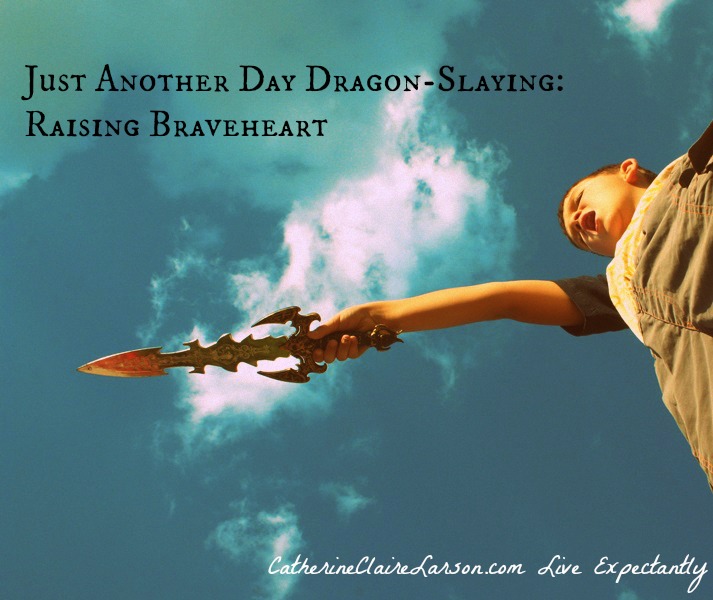Too Busy to Care: Faith is What Happens in the Alley
The Princeton seminary students poured over their notes. The professor had asked some of them to prepare a sermon on Luke 10:25-37, The Parable of the Good Samaritan, and others to give a talk on a more neutral subject, jobs which seminary students would be well-equipped to pursue after graduation. They would each be asked to go to another building separated by an alleyway to have their sermons or talks recorded, and ostensibly graded. Approximately every fifteen minutes one of them was tapped on the shoulder and told it was his or her turn to go. Some were told that the assistant was waiting for them and they must hurry, others were told to go right over, while others were told that they could go ahead, but that it would still be some time before they were to present. Little did any of them know that the real test was planned for the alley.
In the backstreet, each seminary student encountered a man slumped over, head down, coughing, and groaning. Was he in pain? Was he drunk or high? Did he need help?
Now think for a moment about what you would do. Would you go over and inquire knowing that you’d likely be late for your examination? Or would you avert your eyes and hurry along to the examination room—justifying in your head along the way that you’d certainly check on him on the way back? And now ask yourself which was the test that really mattered?
It’s ironic that in Jesus’ parable it was a priest and a Levite who passed by the wounded and beaten man—in effect it was the seminarians who clung to the other side of the road and kept their eyes on the destination and not the moment at hand.
I guess it shouldn’t surprise us then that of those seminary students, preparing for the ministry, half of whom were actually preparing that morning to preach on the Parable of the Good Samaritan, 60% of them did not stop or inquire if the man in distress was okay. They walked right by. They refused to be Jesus’ hands and feet that day to a man in apparent trouble. They showed up for class having already failed the real test.
As you’ve probably guessed by now, this was a research study and oddly enough there was only one thing that made a difference in the seminarian’s likelihood to stop and help. Those who preached on the biblical text were no more likely to help. Those who indicated in surveys a higher degree of commitment and faith were no more likely to help. The only factor that made any difference at all in the likelihood of students to stop and help was whether or not they perceived they were in a hurry. Those who were rushing could not be bothered by a man in pain.
Since reading about the Darley and Batson study several years ago, it has often come to mind. Am I too busy to care? Am I too rushed to be bothered by another person’s pain? Do I have enough margin in my life to see and respond to pain in the perimeter? These are good questions to ask. If there is not enough margin in our lives, perhaps, just perhaps we’ve already been set up to fail life’s real test. (Mt. 25: 42-45)
In the book, Emotional Intelligence by Daniel Goleman where I first read about the Darley/Barton study, Goleman goes on to comment: “Of the many factors that are in play in altruism, a critical one seems to be simply taking the time to pay attention: our empathy is strongest when we fully focus on someone….” Goleman goes on to point out various studies which show the degree to which we are able to feel another’s pain or joy is largely determined by the degree to which we are engaged with our eyes. As we see another’s face twist in turmoil, we feel it in our own stomachs. As we see another’s lips dawning with joy, we are more likely to feel it in our own hearts.
And so as I continue to think about what it means to be present with others, two questions linger. Am I too busy to see the opportunities in front of me? And am I spending time with people often enough face-to-face (not face to Facebook or email or phone) to really engage my heart in the joys and pains of others?
Perhaps, life’s real tests are not where we are expecting them. True faith is tested in the alley.
Goleman, Daniel. Emotional Intelligence: Why it Can Matter More than IQ, Bantam Books, 2005.







